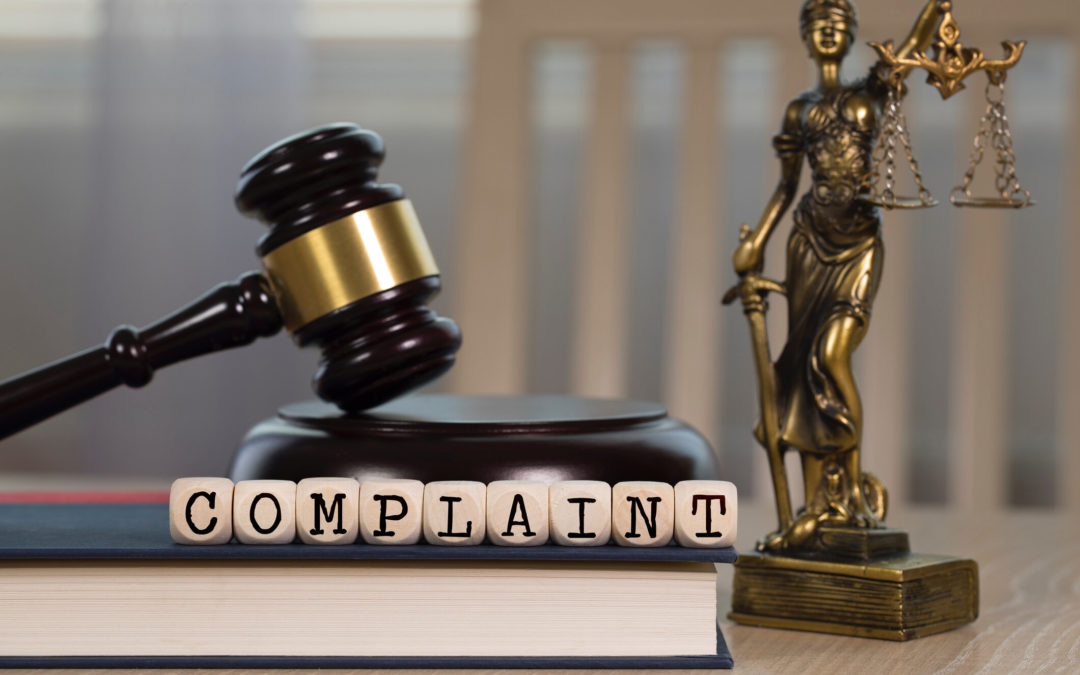Always take employees’ complaints seriously when the complaints allege harassment, discrimination, or other workplace misconduct. By doing so, you send the message that the company is committed to addressing problems and that it wants employees to come forward and report unlawful behavior.
The tips and suggested questions below will help you conduct a thorough interview of the complainant. These questions provide a good starting point, but during the interview, you should stay flexible and adapt your questioning as new information emerges. Always follow up with additional, more probing questions whenever the complainant’s answers suggest additional aspects of the alleged incident that may be relevant.
Set the Stage
Before you start asking the complainant questions, explain the purpose of the investigation and mention the company’s commitment to complying with the law. If you happen to be an attorney, be sure to note that you don’t represent the complainant and that your conversation with them is not covered by the attorney/client relationship. That privilege is owned by the company. Also, be sure to inform the complainant that any retaliation against them for coming forward is unlawful and tell them how they should report it if it happens. Finally, ask the complainant to keep confidential whatever was said during the interview.
Basic Facts About the Allegation
Start by getting an overview of the incident, as the claimant remembers it. Establish the basic facts, from the claimant’s point of view, by asking who, what, when, where, and how questions:
-
What happened?
-
Who was involved? What did each person do and/or say?
-
When did it happen?
-
What was the date and time? How long did the incident last? Did it happen more than once and, if so, how many times?
-
Where did it happen?
-
How did it happen?
Digging Deeper
Once you have established the basic facts, ask questions that may elicit more detail. Again, always follow up with additional questions if the answers reveal new information.
-
Was there any physical contact?
-
If yes, ask the claimant to describe the contact in detail and, if possible, to demonstrate it for you.
-
How did you respond to what happened?
-
What did you say or do?
-
How did the accused react to your response?
-
Was there anything else that happened that you haven’t mentioned yet? Anything that someone said or did?
-
What is your relationship with the accused?
-
Do you know why the incident happened?
-
Why are you reporting it now?
Potential Evidence
Ask questions that will help you find potential sources of evidence.
-
Did you report the incident to anyone in management or HR?
-
If so, who, when, and where? What was their response?
-
Did anyone else see or hear what happened?
-
If so, who? What, if anything, did they say or do?
-
Did you discuss what happened with anyone else?
-
If so, who, when, and where? How did they respond?
-
Do you know anyone else who might have relevant information about what happened?
-
Do you have any documents, notes, or other evidence relating to what happened?
-
Did the accused send you any written or electronic messages, or give you anything else, including gifts?
-
Are you aware of any other incidents the accused may have been involved in?
-
If so, what happened, when, where, and who else was involved?
Effects of the Incident
Ask questions to find out if and how the complainant may have been harmed by the incident.
-
Was your work affected?
-
If so, in what way? For how long?
-
How did the incident make you feel at the time?
-
How do you feel about it now?
Wrapping Up
At the end of the interview, ask open-ended questions. This can be a powerful technique for eliciting information that the complainant has not yet revealed.
-
What outcome would you like to see from this investigation?
-
Is there anything else you would like to tell me that I haven’t asked you about?
Consider Using a Professional Investigator
Conducting a workplace misconduct investigation takes time away from your regular responsibilities. Also, when you conduct an investigation internally, you may run into problems of bias or the appearance of bias. Using a professional investigator will solve those problems and give you the benefit of their experience and expertise.
At Ablin law, we provide professional, confidential workplace investigations for employers and law firms. Please contact us for more information.


Recent Comments